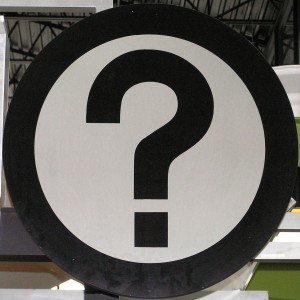
One weakness of Dr. Goodreader is that except for asking, “Does this make sense?” it doesn’t deal with asking questions as a fix-up and extension strategy. We’ve been working on asking questions in our fantasy unit, our writing unit, and our social studies unit. Questions are so important, if we’re not continually asking them we’re not actively reading.
First we worked with a chart on Active Reading Question Asking:
Question Levels: Both are necessary; one for comprehension and the other for deepening thoughts.
- Thin Questions: There’s basically one right answer and the answer is in the text or can be answered quickly. For example, by looking a word up in the dictionary. or doing a quick fact check online.
- Thick Questions: Deep questions that make us think, talk to others, look for answers.
Question Answer Relationships:
- Predictions: Predictions propel us along in our reading. We should always be asking, “What do I think will happen next?” It invests us in our reading as we read on to confirm or contradict.
- Right There Questions: The answer to the question is right there in the paragraph or page.
- Put It Together Questions: The answer is in the text, but perhaps in another chapter.
- Author & You Questions: The author implies and you infer. Another form of this question is, “Why, oh why, did you have the dog die at the end of the story.”
- On Your Own Questions: These questions can only be answered in your head. “What were I do if I were Harry Potter?”
Questions That Involve the Author in Imaginary Conversations:
- What’s the Theme Questions: When trying to determine the theme(s) of a book, we are really considering what the author is trying to teach us about people and/or life.
- Evaluation Questions: These questions are like, “What do I think about the author’s message? What do I think about how the author wrote the book? The structure? The sentence fluency?”
Questions help clarify when we read: Does this make sense? What does this mean? Is this important? What is this about? What just happened? What did I learn? Do I need to read this again?
Questions help us think deeply.
Questions keep us interested in what we read.